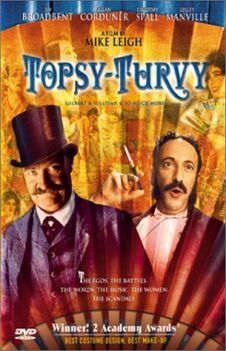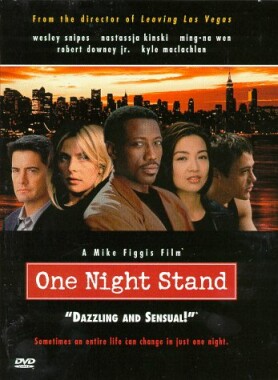Going All the Way
Going All the Way, directed by Mark Pellington, to a screenplay
adapted by Dan Wakefield from his own novel is yet another among the plethora of
recent cinematic evocations of the 1950s—and one which, I would have thought,
might have elicited one or two protests from women because of the way that it
treats them as sex objects. But an ironclad rule of Hollywood politics is that
you can get away with any number of other sins against political correctness if
you bash religion or right wing politics. This the film does with glee. In fact,
that is just about all it does. You could come out of this movie and half an
hour later remember nothing more of it than that the women were for enjoying sex
(and avoiding commitment) with and that Christians and anti-communists—worst of
all, the Christian anti-communists who made up virtually the whole population of
Indiana in 1953—were ignorant hicks and bigots.
Why would the state of Indiana cooperate, as the closing credits assure us it
did, with this slander against its good name? I suppose, because, the state film
commission being made up of star-struck yokels, there is still some truth to the
charge of ignorant hickery. Yet I
don’t think they would have been such
credulous clodhoppers back in the 1950s. They would quite rightly have condemned
Wakefield and Co as degenerate slime and told them to crawl back to New York,
which (rather laughably, actually) is seen by both film and novel as a mecca of
culture and sophistication. In fact New York is and always has been little more
than a world center of money and fashion. New
York’s idea of culture is Alan
Ginsberg and Bret Easton Ellis and Andy Warhol, all of whom will live on,
insofar as they live at all, in the history of fashion, not of poetry or fiction
or painting.
Such ephemeral immortality, one suspects, would be enough for Sonny Burns
(Jeremy Davies) and Gunner Castleman (Ben Affleck), who have just returned home
from the Korean War. Sonny was a social nonentity in high school who served out
his war in Kansas City while Gunner was a popular athlete in high school and is
now a decorated combat veteran. Yet the two now strike up an unlikely
friendship, mainly on the grounds that Gunner, after having been to Japan in the
army, fancies himself an intellectual and would-be artiste and Sonny, who had
taken the photographs for the high school yearbook, strikes him as being in the
same line. Also they are both liberal, anti-religious and horny, so you can see
that they have a lot in common. As so often seems to have happened in the annals
of American letters, art gets mixed up with sex—the latter, most commonly,
being substituted for the former. Gunner says to Sonny in a rare moment of
aesthetic doubt as they are partying with a couple of girls:
“What happened to us? We were going to
improve our minds.”
“I guess even art leads to
p****,” says Sonny.
Especially art, he should have said. And here it leads to nothing else.
Discover more from James Bowman
Subscribe to get the latest posts to your email.







